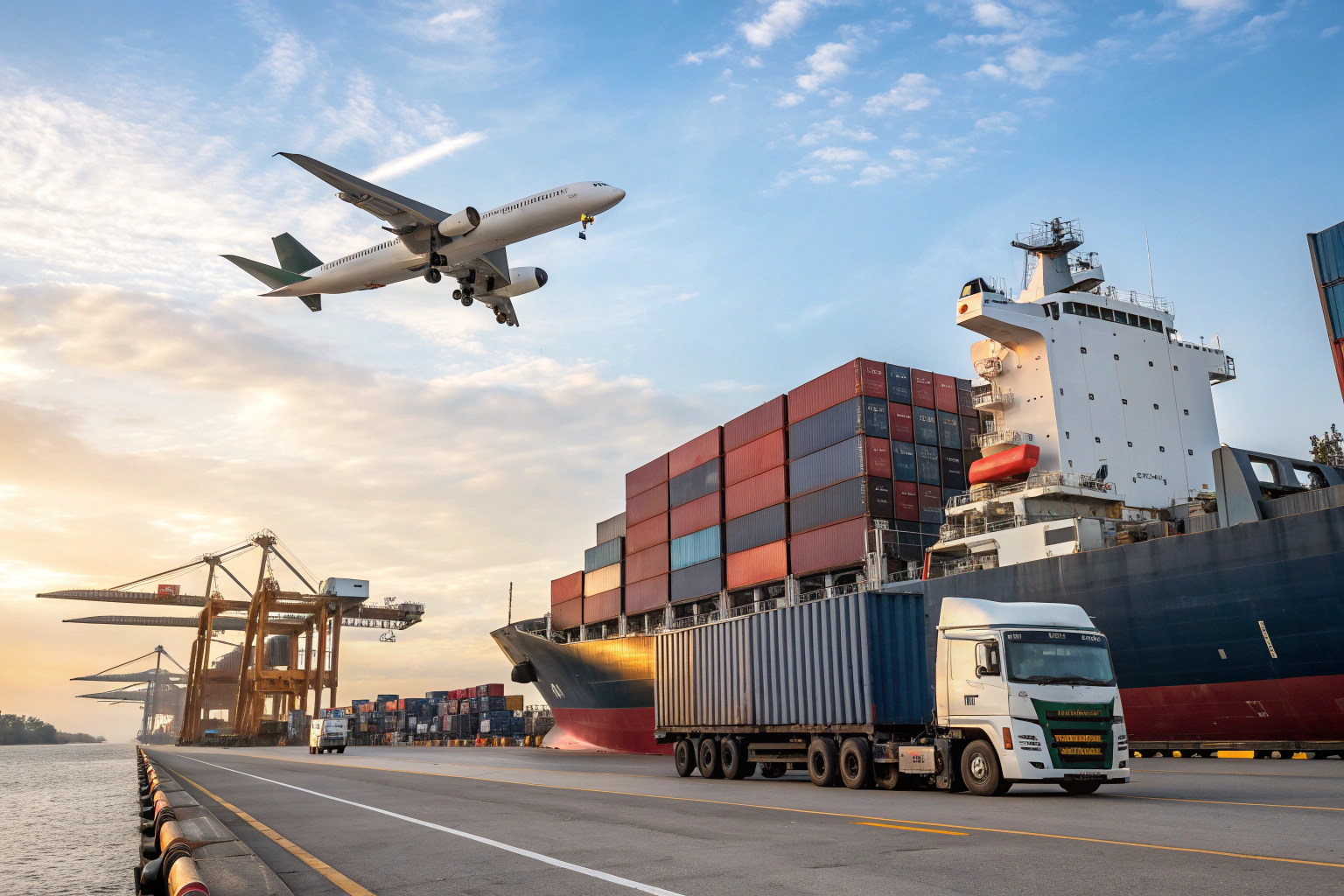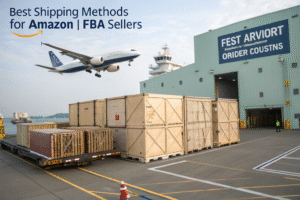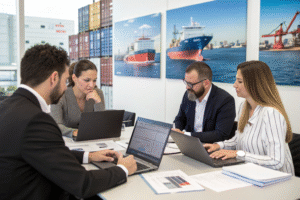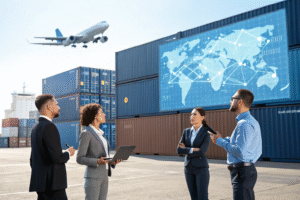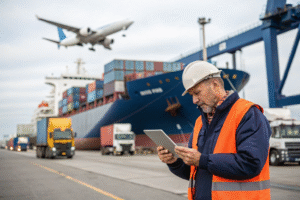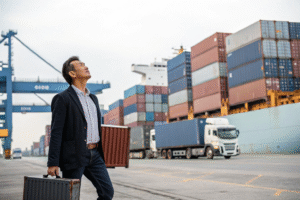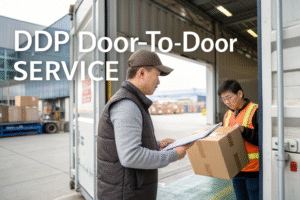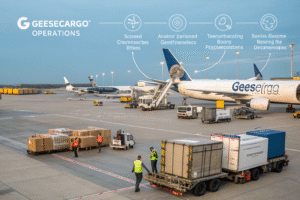When I first started in freight forwarding back in 2010, I remember struggling with a shipment of 120 containers of garments from Ningbo to Los Angeles. The process felt endless—customs paperwork, port delays, and constant calls from the buyer. That was when I realized the real role of a freight forwarder is not just “moving goods.” It is solving problems that others would rather avoid.
A freight forwarder acts as the invisible engine of global trade, combining local expertise, international contacts, and practical problem-solving to keep goods flowing across borders.
At first, I thought our job was only about getting better prices from carriers. But over the years, after handling more than 7,500 shipments across 30 countries, I’ve seen that our real value is in reducing risks, saving time, and making the impossible possible.
Why Do Businesses Need Freight Forwarders?
In July 2021, one of my American clients called me in frustration. He had ordered 25,000 pieces of winter jackets from Guangzhou, but the carrier suddenly canceled his booking due to congestion. Without a freight forwarder, his goods might have been delayed for six weeks, missing the peak season.
Businesses need freight forwarders because we turn chaos into order—by finding space, securing documents, and ensuring shipments don’t get stuck at the wrong time.
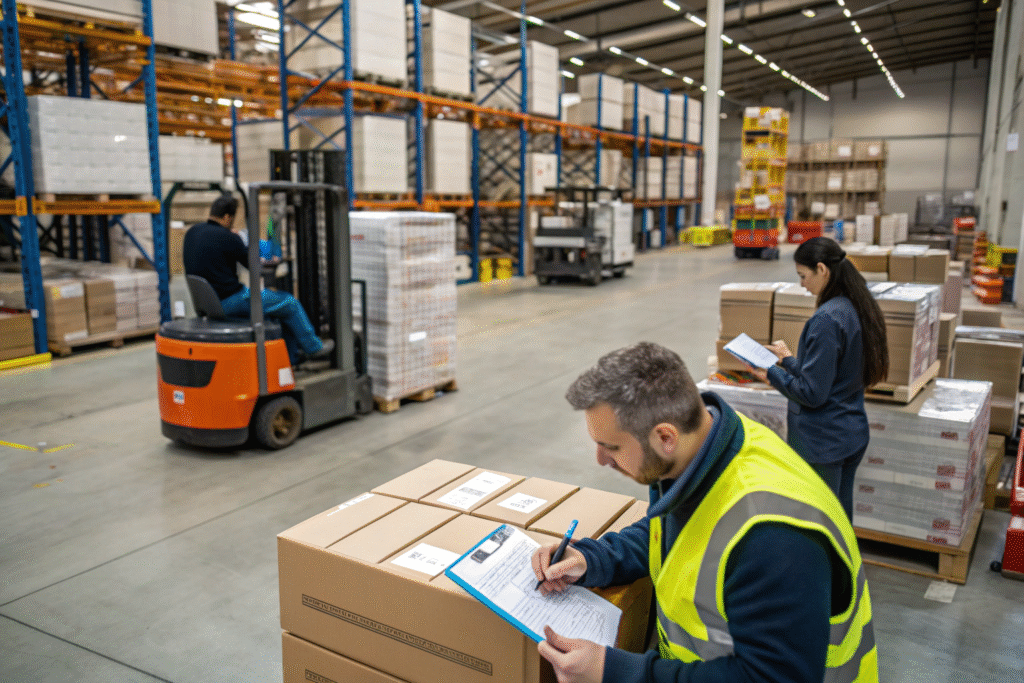
How Do Freight Forwarders Save Time for Companies?
In 2022, statistics showed that 68% of small importers in the U.S. reported shipment delays due to incomplete paperwork. A freight forwarder prevents this by handling everything from air cargo booking to arranging the Bill of Lading. I once had a case where a client in New York sent me scanned invoices with errors; instead of rejecting them, I corrected and resubmitted within two hours, saving his shipment from a three-day delay.
Can Freight Forwarders Reduce Shipping Costs?
I used to think clients only cared about speed, but over time I realized price is just as important. In 2023, our consolidated LCL service from Shanghai to Long Beach cut costs by 22% compared to individual bookings. By following U.S. Customs guidelines and studying rate trends at Drewry, I often help clients avoid overpaying. One client told me bluntly: “Your $500 savings per container means more than fast service.”
What Services Do Freight Forwarders Provide?
When people ask me what services we provide, I sometimes hesitate. At first glance, it seems simple: we move cargo. But then I recall nights spent arranging insurance claims, or afternoons convincing customs officers in Hamburg to release detained goods.
Our services go far beyond transport. We cover ocean freight, air freight, rail and road forwarding, customs clearance, warehousing, insurance, and even last-mile delivery.
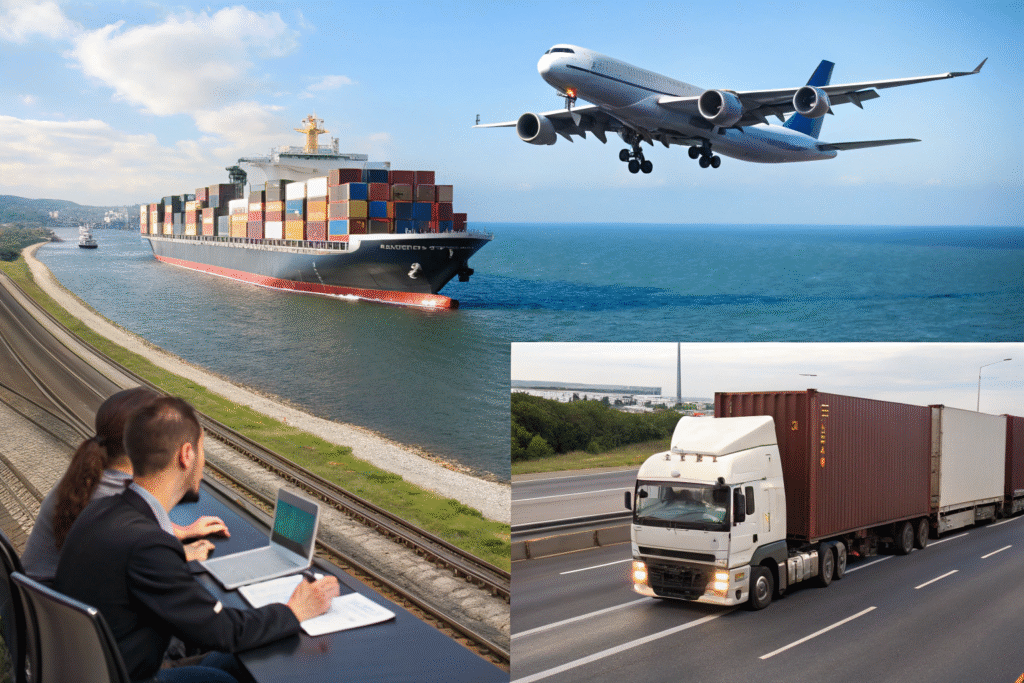
What Is Included in Ocean and Air Freight Services?
Ocean freight is still king. About 90% of the world’s trade moves by sea. Last summer, I handled a shipment of 2,400 cubic meters of furniture from Qingdao to Rotterdam. It was cheaper but took 32 days. On the other hand, air freight remains vital for urgent shipments. In December 2022, we flew 11 tons of electronics to Chicago within 72 hours. We coordinate with major shipping alliances and global air cargo hubs.
How Does Customs Clearance Work with Freight Forwarders?
Customs can be brutal. In 2019, one client’s goods were stuck in Los Angeles for 9 days because the packing list didn’t match the invoice. Since then, I always double-check documents using Trade.gov’s invoice guide. We work with licensed brokers to manage tariffs, compliance, and security filings. And yes, sometimes customs officers still make mistakes—I once had to argue for two hours in Shenzhen before an official admitted a coding error.
How Do Freight Forwarders Build Global Connections?
In 2018, I spent three days at the Port of Rotterdam negotiating with local handlers. At first, I felt out of place—European protocols are not the same as in China. But building relationships paid off: now we get priority handling for our shipments there.
Freight forwarders survive not only on systems, but on networks of trust that stretch across continents.
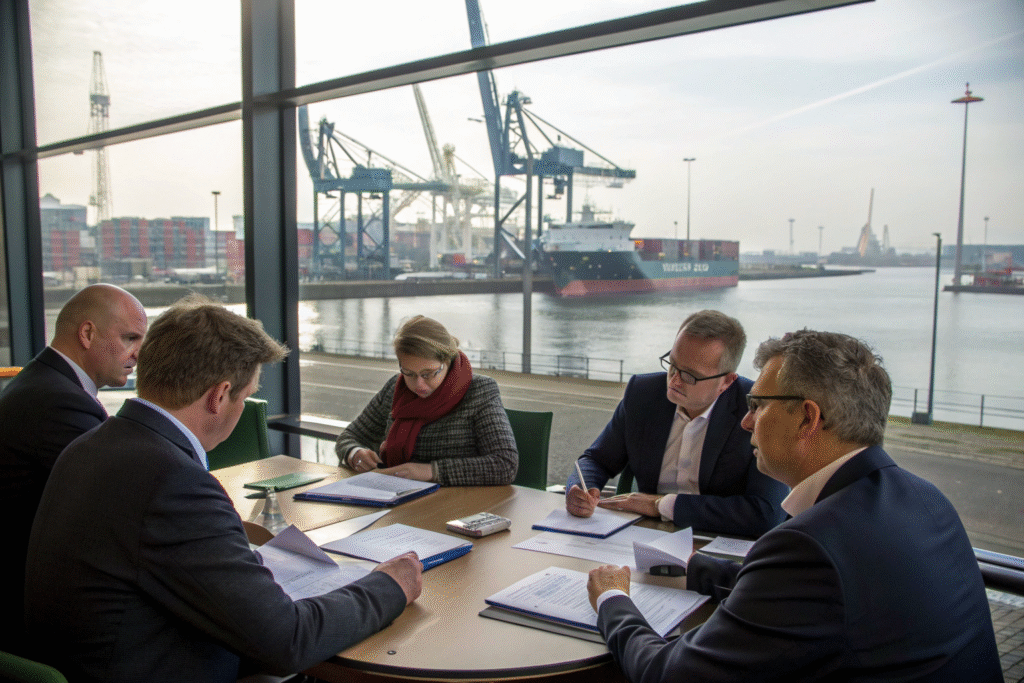
Why Are Relationships with Ports and Carriers Important?
During the pandemic in 2020, space on vessels was scarcer than ever. Thanks to long-term relations with Port of Los Angeles and Rotterdam Port, I managed to secure slots for 15 clients who otherwise would have lost millions in sales. A personal call sometimes matters more than an official booking.
How Do Freight Forwarders Manage International Networks?
It is not always smooth. Once in Turkey, a local agent doubled the handling fee overnight. That taught me to always maintain multiple partners. We rely on platforms like Freightos and Flexport to check real-time rates. By comparing schedules across different carriers, we avoid surprises. It is not perfect, but it works most of the time.
How Do Freight Forwarders Ensure Safe and Reliable Shipping?
Trust comes from consistency. In 2022, we moved 1,300 shipments and only 11 were delayed more than 48 hours. That is not perfect, but better than the industry average of 8% delays. Clients trust us because we prepare for the worst.
Freight forwarders ensure safety with strong packaging, insurance coverage, international compliance, and backup plans when things go wrong.
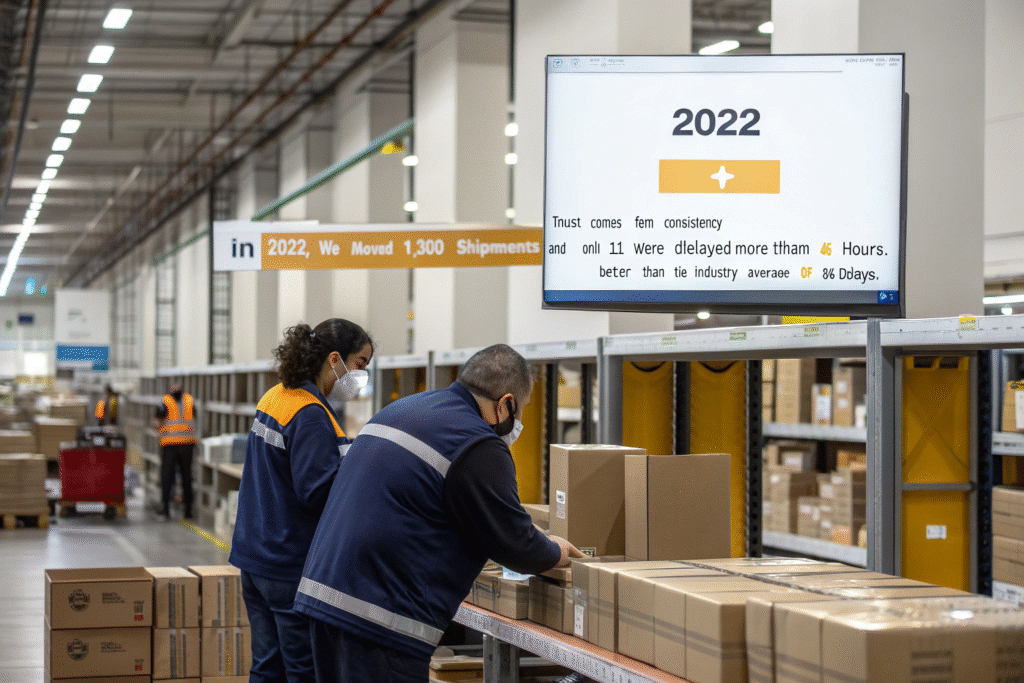
What Security Measures Do Freight Forwarders Use?
We follow C-TPAT standards and the ISPS Code. In 2021, we tested GPS container seals on 200 shipments; only one failed, and it was due to a dead battery. Insurance remains critical—I still remember a fire in Singapore port in 2017 where uninsured goods were lost completely.
How Do Freight Forwarders Handle Delays and Risks?
At first, I used to panic when vessels were delayed. But later, I learned to prepare backup plans. In May 2022, when a shipment of 50 tons of textiles missed its sailing in Shanghai, I diverted part of it via rail to Germany and the rest via air to Chicago. Using real-time shipment tracking and following alerts from Supply Chain Digital, we kept the client updated. He later told me: “I lost a week, but not a season.”
Conclusion
After more than a decade in this industry, I can say with confidence: a freight forwarder is not only a logistics provider but also a problem solver, negotiator, and sometimes even a firefighter. We do not get everything right—sometimes shipments are delayed, sometimes officials are uncooperative—but we always find a way forward.
From saving 22% on consolidated shipments to securing last-minute vessel space during crises, the role of a freight forwarder in global trade is clear. We keep the world’s supply chain moving, one container at a time.
